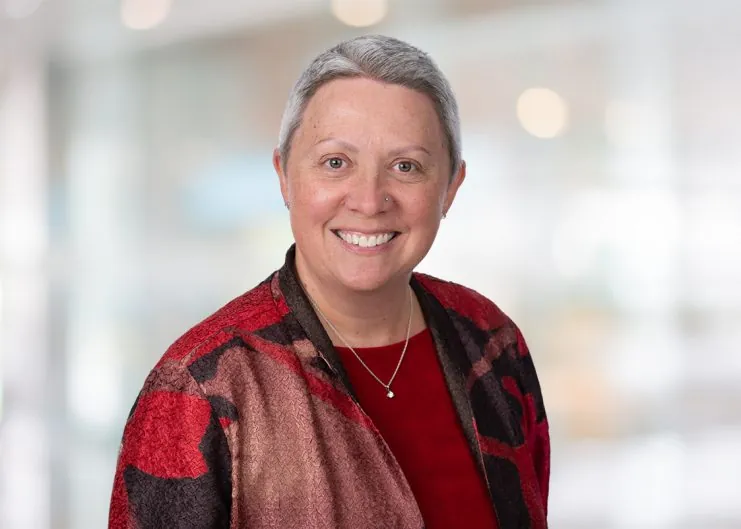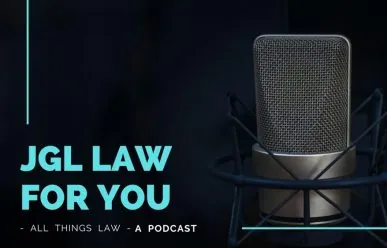Mental Health Privilege & Maryland Divorce Blog Law Series – Part 1
A “privilege” is the legal right to protect a communication from disclosure & to keep information confidential. In action, this means that privileged information cannot be used in contested litigation unless the privilege is waived. Waiver means opening the door to others on confidential communications and information.
A privilege may be created by rule, statute, or case law. And, privileges created by rule or statute are often developed by case law interpreting them.
Maryland has 3 statutes that create mental health privileges:
- §9-109 Patient-therapist privilege*
- §9-109.1 Communications between client and psychiatric-mental health nursing specialist*
- §9-121 Social worker-client communications*
When I think about privilege, I start with the licensure of the provider. Then I look for the statute that applies to that type of license. Sometimes, providers have multiple licenses (for example, psychologist and licensed certified social worker-clinical/LCSW-S), so more than one statute applies.
There are a number of ways to check & cross-check licensure:
- Looking up the provider online
- Confirming licensure on Maryland State license verification websites
- Asking the provider
Key takeaways from this introduction:
- Privilege is confidentiality
- Privilege waiver – or not – is a decision that requires thought in contested family litigation
- Waiver means opening the door to outsiders to access confidential communications and information
Next up: Who provides privileged mental health services?
*Section references to Md. Code Ann., Cts. & Jud. Proc. (2019 Rep. Vol.)




